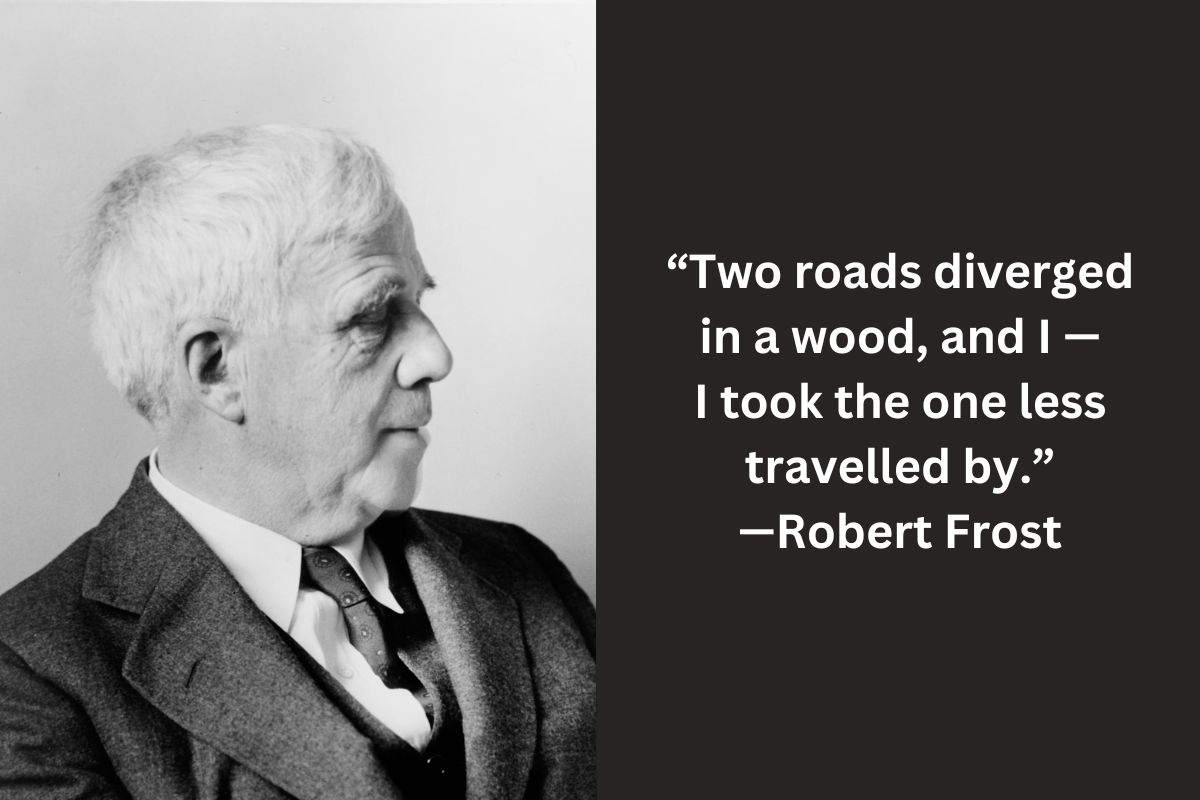 “I discovered a long time ago that writing of the small things of the day, the trivial matters of the heart, the inconsequential but near things of this living,” wrote E. B. White to his brother Stanley White while reflecting on the art of living through writing. “Was the only kind of creative work which I could accomplish with any sincerity or grace.”
“I discovered a long time ago that writing of the small things of the day, the trivial matters of the heart, the inconsequential but near things of this living,” wrote E. B. White to his brother Stanley White while reflecting on the art of living through writing. “Was the only kind of creative work which I could accomplish with any sincerity or grace.”
This insight reminded me of my own path of growing through the “small things of the day”: greeting each new morning with a smile, being present while making tea, paying attention to my surroundings while taking a walk, being compassionate and kind to everyone I meet. It is indeed little things that help us grow, and make us better one little step at a time.
The importance of growing through tiny leaps of everyday living is what two and a half millennia ago was noted by an ancient Greek philosopher Aristotle in his Nicomachean Ethics, a timeless piece of writing that to this day reminds us of the essential things that constitute a happy and fulfilling life.

Aristotle starts with the definition of moral virtue and goes on to note that it’s not present in us by nature but requires careful cultivation, something we must engage in on a daily basis:
Moral virtue is the result of habit, and so it is that moral virtue got its name [ēthikē] by a slight alteration of the term habit [ethos]. … Stone, because it is borne downward by nature, could not be habituated to be borne upward, not even if someone habituates it by throwing it upward ten thousand times. … Nor could anything else that is naturally one way be habituated to be another. Neither by nature, therefore, nor contrary to nature are the virtues present; they are instead present in us who are of such a nature as to receive them, and who are complete or perfect themselves through habit.
But this process can go both ways, Aristotle notes, for the quality of our actions is crucial in determining the qualities cultivated. We must choose carefully, he counsels.
Further, as a result of and on account of the same things, every virtue both comes into being and is corrupted…. As a result of building houses well, people will be good house builders; but as a result of doing so badly, they will be bad ones. … So too in the case of the virtues: by doing things in our interactions with human beings, some of us become just, others unjust; and by doing things in terrifying circumstances and by being habituated to feel fear or confidence, some of us become courageous, others cowards. … Hence we must make our activities be of a certain quality, for the characteristics correspond to the differences among the activities. It makes no small difference, then, whether one is habituated in this or that way straight from childhood but a very great difference — or rather the whole difference.
But once we set ourselves on the right path by cultivating the right virtues, the process will become easier and more rewarding in and of itself. Aristotle concludes:
By doing just things we become just; moderate things, moderate; and courageous things, courageous.
Couple these teachings from Nicomachean Ethics with Aristotle on happiness as a quality of a complete life.







